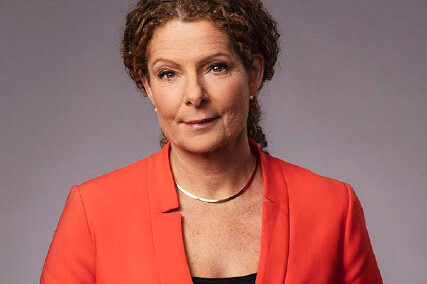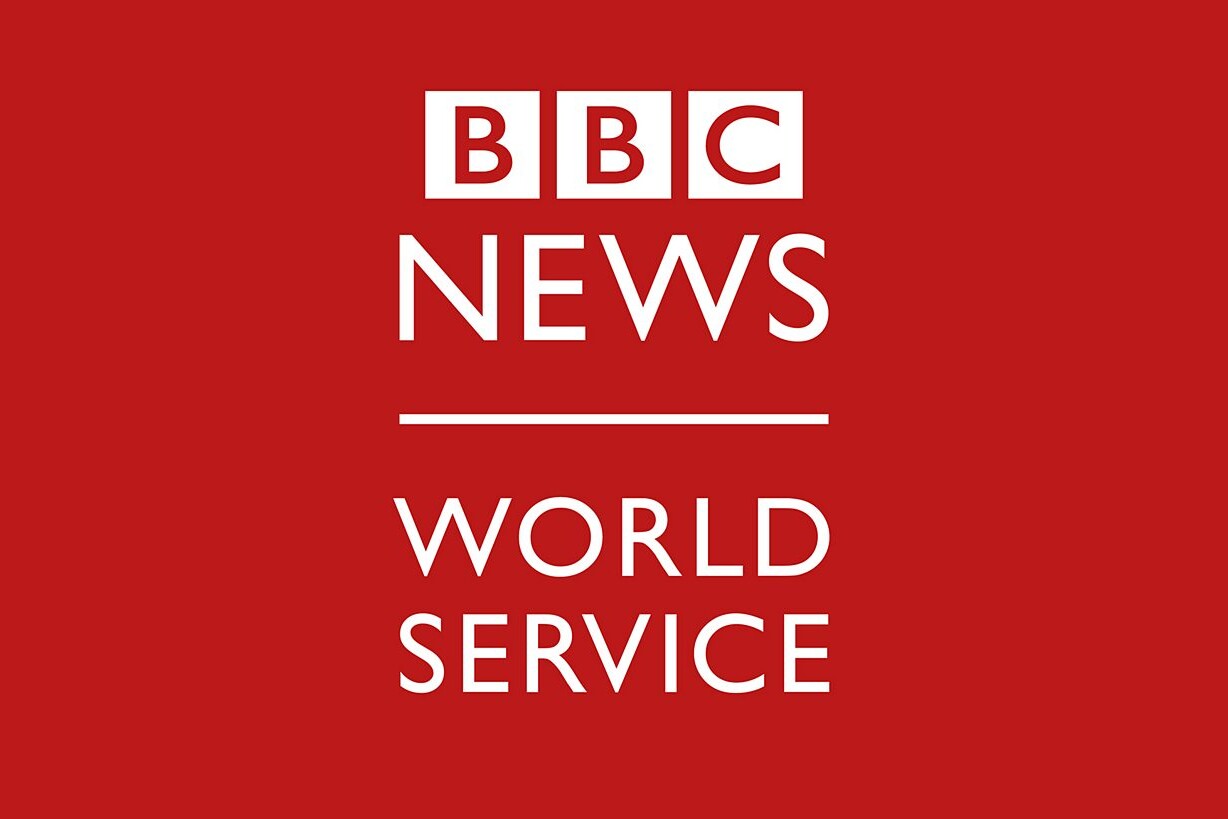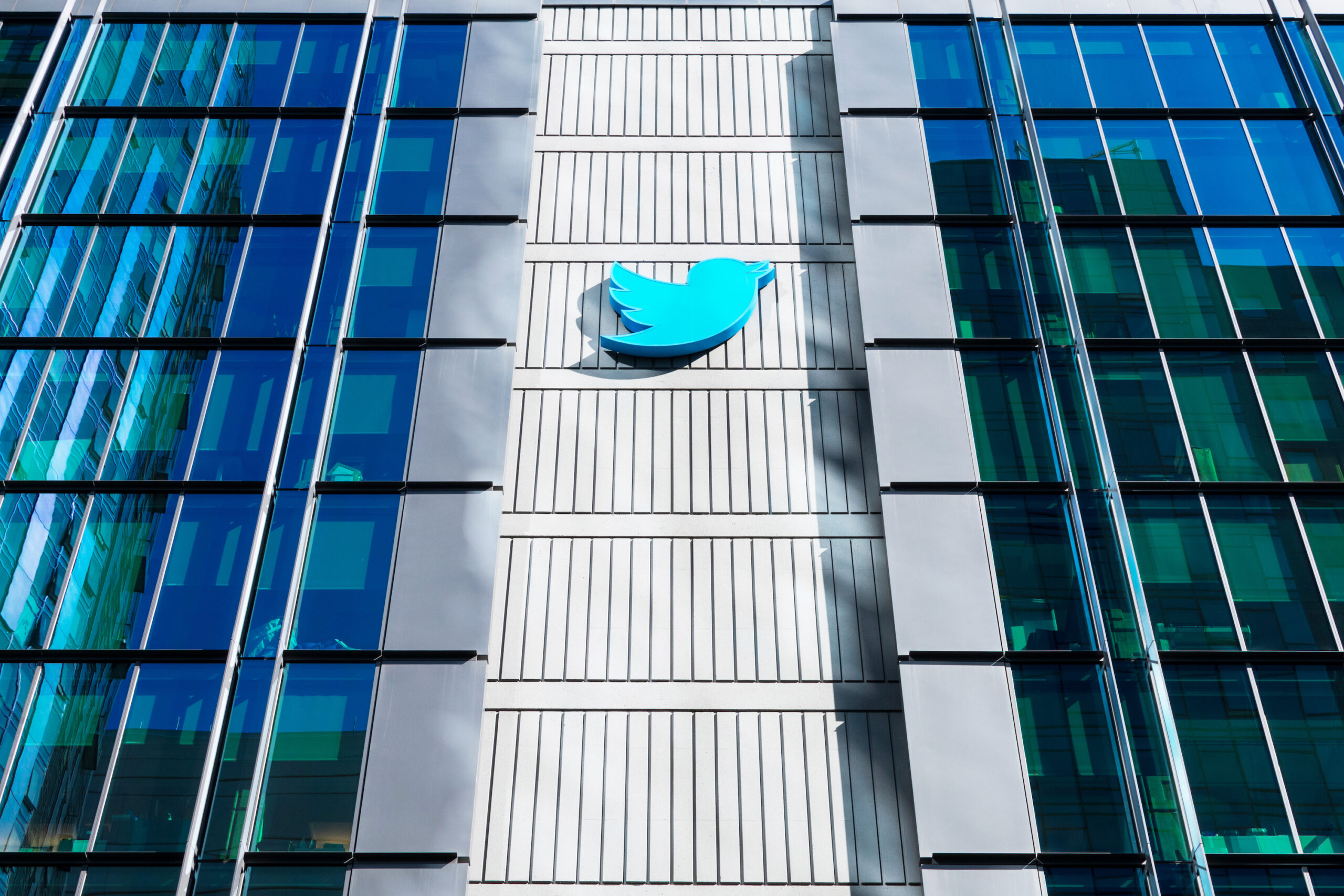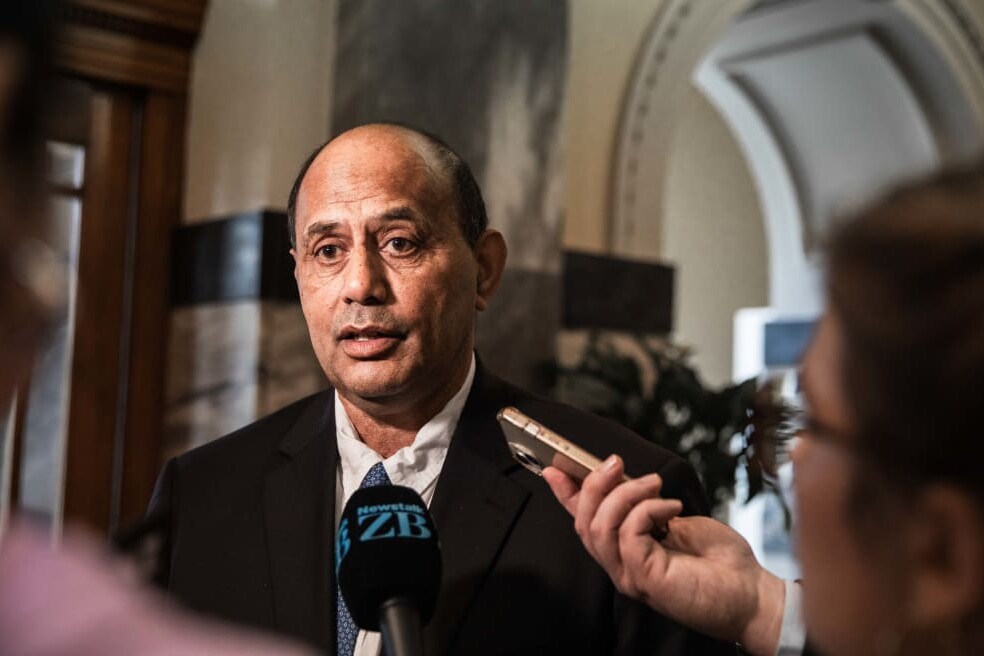WPFD 2023
Press freedom is in peril. So too are public service media.
3rd May 2023
On the 30th edition of World Press Freedom Day, it’s never been more important to recognise how public service media promotes freedom of information and expression.
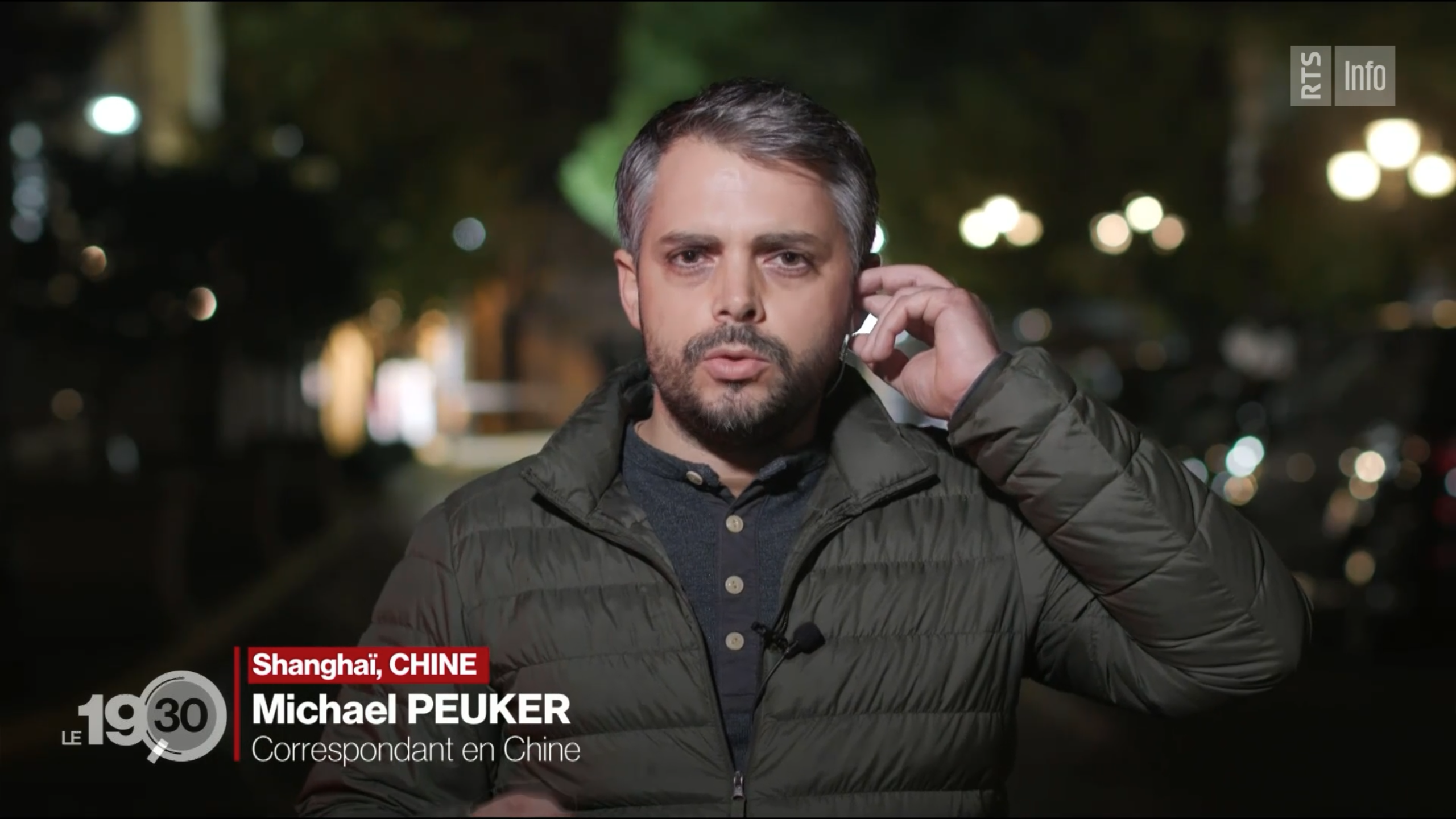
30 years ago, World Press Freedom Day (WPFD) was launched to remind governments of the importance of freedom of expression and a free and plural media in underpinning democracy, and their duty to protect it.
But this year’s celebration is a particularly solemn one. According to RSF’s 2023 World Press Freedom Index, there has been an unprecedented slide in global media freedom. More countries are now listed in the index’s worst category than ever before.
Within this declining space for free media are independent public service media (PSM); organisations bound by a set of values that oblige accountability to the public alone, to provide accurate and trusted news and information.
This World Press Freedom Day is an opportunity to recognise the importance of independent public service media and their core values to a healthy and free media ecosystem, and their role in underpinning democracy and promoting freedom of expression.
These organisations require a particular set of supporting conditions to operate effectively, and are extremely vulnerable to the threats listed in this year’s report, such as propaganda, AI, disinformation – in autocratic as well as democratic countries. This makes it more critical than ever that we recognise, advocate, and support the vital role that public media play in fostering free expression.
Underpinning informed democracy
Since WPFD 2022, the Public Media Alliance and our members have celebrated another anniversary: 100 years of public service media. For a century, public service media (PSM) have played an invaluable role in many communities, societies, and nations around the world. This World Press Freedom Day is an opportunity to recognise the importance of independent public service media and their core values to a healthy and free media ecosystem, and their role in underpinning democracy and promoting freedom of expression.
Throughout the past year, PSM have supported these fundamental rights in areas where they are either limited or facing existential threats. Across the Pacific region, the Australian Broadcasting Corporation (ABC) has made a concerted effort to reach Pacific audiences and work collaboratively with Pacific public broadcasters, which saw MoUs signed with both Timor-Leste’s and Solomon Islands’ broadcasters.
The BBC World Service, meanwhile, launched Dars, a multiplatform education series for children barred from school in Afghanistan, and yesterday launched an emergency pop-up radio service to provide a lifeline and a source of accurate, independent news and information for those living amid the horrific conflict in Sudan.
And then there is the catastrophic war in Ukraine. Here public media from across Europe have rallied to not only support the country’s national public broadcaster UA:PBC, but have also expanded their own services to ensure Ukrainians can continue to receive vital and life-saving news and information. UA:PBC and its staff, meanwhile, continue to broadcast under the most precarious of circumstances.
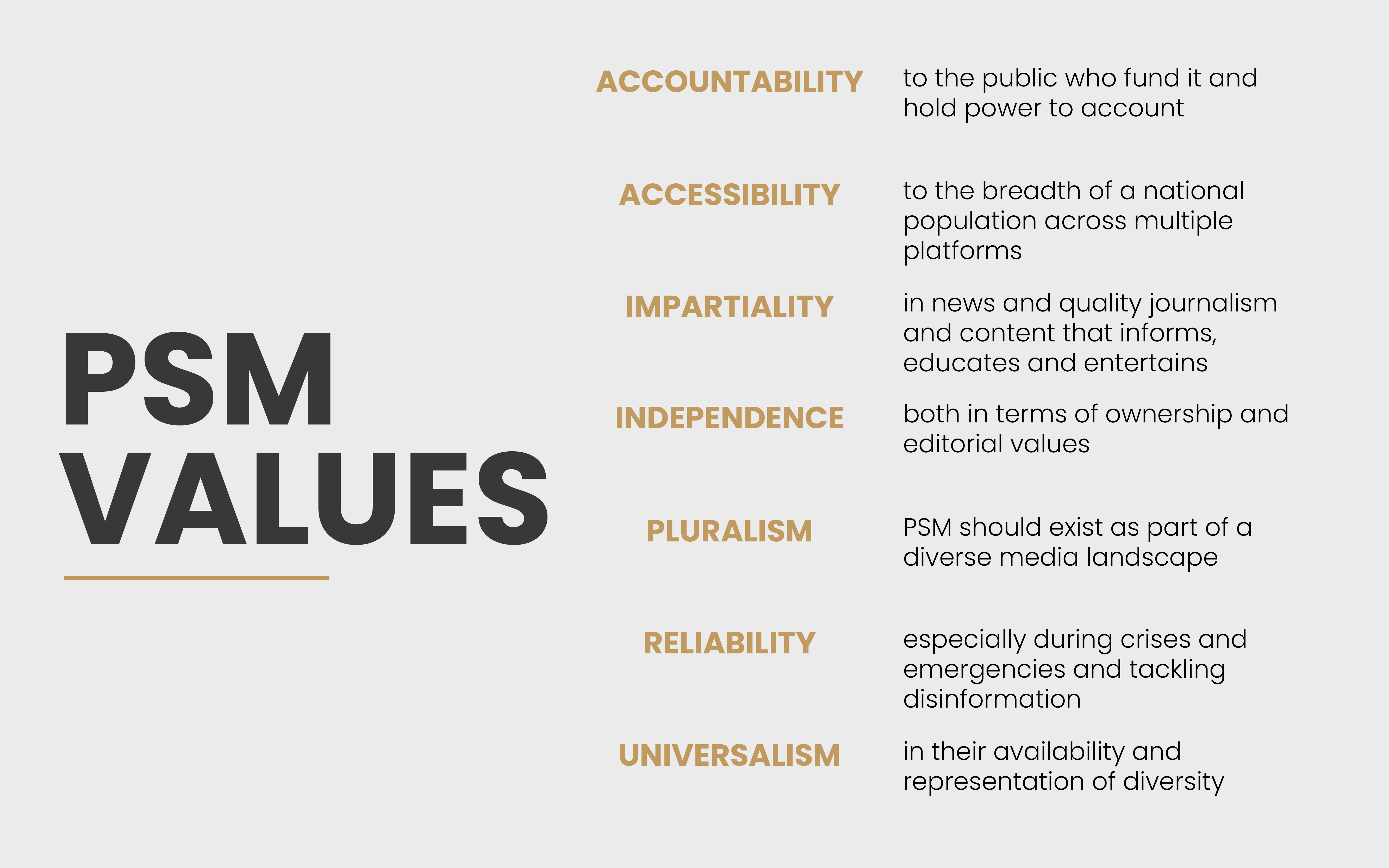
PMA has long advocated for greater collaboration between public media organisations, to speak out and rally support for their role in society and democracy. The recent saga of Twitter mislabelling numerous PSM has been notable for how public broadcasters expressed their unhappiness, and even rallied together as one voice, in the case of the Global Task Force for public media.
There are also signs that some governments are taking the issue of media freedom more seriously, and of independent PSM’s role within that. Increased funding for both the ABC and RNZ are positive demonstrations of this, while legislative efforts, such as the Media Freedom Act in the EU, could greatly improve the protections afforded to public media and shore up media freedom across the continent.
There has also been progress in regions where public service media have long been under threat of media capture and political interference. A six-year campaign to dismantle Brazil’s public broadcaster, EBC, by successive governments culminated in attempts by the Bolsonaro administration to privatise it completely. The election of President Luiz Inácio Lula da Silva in late 2022 led to a dismissal of privatisation plans, stoking hope that Brazil will once again lead the region in hosting and adequately protecting an independent public broadcaster.
The unique structure of public service media means they are often the only news media able to give communities a voice and hold power to account at a local level. This is especially the case in the US, where a reported two newspapers closed every week in 2022, leaving 70 million Americans with either only one or no local news organisation.
But while these examples demonstrate the continuing importance of PSM, their resilience and viability remain increasingly under pressure, their funding mechanisms at risk. They face growing challenges, and are not immune to the existential threats facing the wider news ecosystem.
Significant challenges
In 2022, 363 journalists were imprisoned for doing their jobs, while 66 were killed in the line of duty. In almost 8 out of 10 cases the murderers of journalists go free, according to the CPJ. Such statistics, combined with the threat of SLAPPs, growing conflict, cyber and physical harassment only serve to promote self-censorship and diminish informed democracy.
PODCAST: What is the state of media freedom?
These challenges are felt more globally than ever before and are adding to the organisational burden faced by public service media, whereby the very notion of publicly funded organisations holding power to account is not welcomed in some quarters.
Some governments have been brazenly exerting pressure onto public service broadcasters, despite widespread criticism. This pressure has manifested both directly – as in the case of Solomon Islands, where the government reportedly ordered the public broadcaster to only cover stories which portrayed the country in a positive light – and indirectly – such as in Israel where the government has threatened the public broadcaster with privatisation.
Government attempts to infiltrate and influence public service media has continued apace, even in more consolidated democracies. Staff have gone on strike in Spain and Slovenia over the actions of staff at executive level, and a perceived attempt by politicians to control the output of public broadcasters. The situation facing staff at RTV SLO has been particularly disappointing, given that the new government has attempted to restore the independence and integrity of the organisation, but has been beset by hurdles. The broadcaster is still feeling the consequences of the previous Prime Minister’s actions where he pursued the Orban-esque strategy of media capture seen in neighbouring Hungary. Similarly, positive signs from the Czech Republic’s new Prime Minister to install greater legislative protections for the country’s public broadcasting sector have slowed down, IPI recently reported.
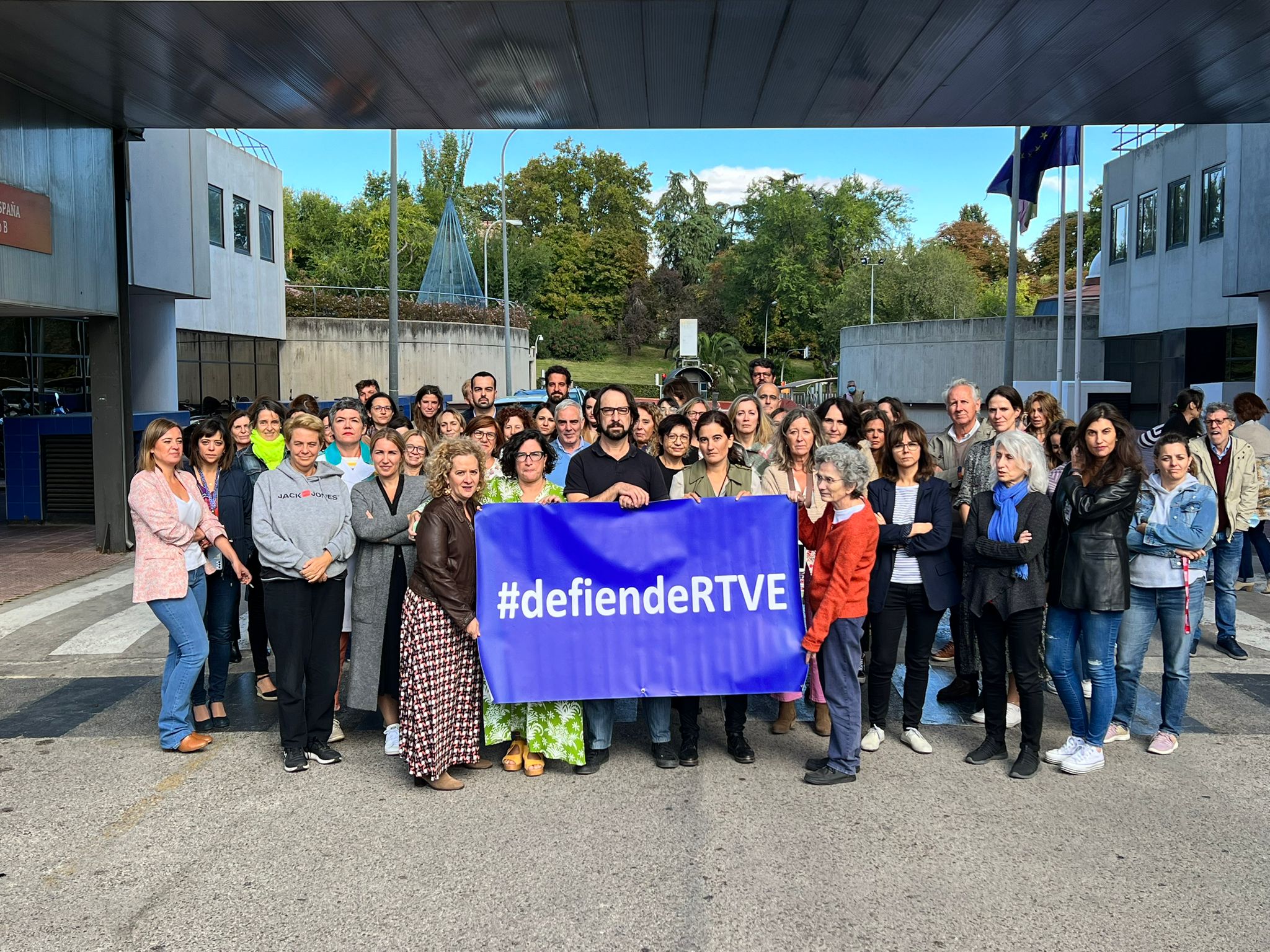
A sustainable source of public funding not only helps to ensure that public media can viably represent and be accountable to the breadth of their diverse audiences, but it also ensures that they have the provisions needed to effectively adapt…
Where public broadcasters have been captured there is little sign of the government relinquishing control. Indeed, in Poland, the government has introduced legislation that will give even greater prominence to the government-controlled state broadcaster. In fact, according to research, the percentage of national broadcasters globally regarded as lacking editorial independence has grown from 80% to 84% in last year alone.
Fear of scrutiny has also led to a bolstering of support for so-called “defund movements” – such as those in the UK, Canada and Australia – which seek to remove public funds from public broadcasters. These campaigns often exploit poor media literacy and misunderstanding regarding the role of independent public media in society, with many experiencing a boost in support following the recent Twitter labelling debacle.
Public media have also received threats from international governments too. Journalists from the Swiss and the British public broadcasters were assaulted while covering protests in China, while India’s government recently launched an investigation into the tax affairs of the BBC. This followed the production of a controversial BBC documentary which was banned by the Indian authorities, as it explored Prime Minister Narendra Modi’s actions during anti-Muslim violence in the state of Gujarat in 2002, when Modi was the Chief Minister. Tax authorities searched the BBC’s offices in India, and the investigation is still ongoing.
Even in countries where media freedom is, in theory, respected by the sitting government, there are still signs of public media under threat. Public media funding remains an outstanding issue in many countries, including France, Ireland, South Africa, and the UK. This is a media freedom issue, and while the reasons for inadequate funding vary, media freedom relies on the presence of a strong, independent and securely funded public service broadcasting sector within a pluralist media landscape.
A sustainable source of public funding not only helps to ensure that public media can viably represent and be accountable to the breadth of their diverse audiences, but it also ensures that they have the provisions needed to effectively adapt to technological changes, and report on crises such as the climate crisis, the war in Ukraine, and the ongoing coronavirus pandemic.
The challenges facing public media are many, increasingly varied and evolving rapidly. Technological advances, such as AI, are driving the need for more investment to keep pace and tackle false narratives. But these challenges are also increasingly shared, and the reality is that collective action in support of PSM needs to be taken now.
PMA will continue to advocate for and support public service media and public interest media this and every World Press Freedom Day. And we will continue to reiterate public media’s central role in freedom of expression and supporting all other human rights – the central themes of this year’s World Press Freedom Day.
Related Posts
3rd May 2023
Cilla Benkö: We must all be the guardians of freedom of the press
Having free access to information is…
2nd May 2023
BBC World Service launches emergency radio service for Sudan
The programme, which will be broadcast…
26th April 2023
New Zealand: What’s the government’s post-merger media plan?
After New Zealand's government decided…
